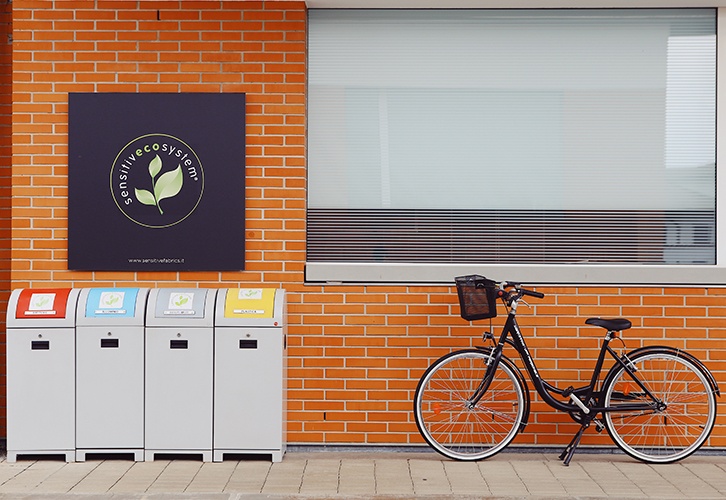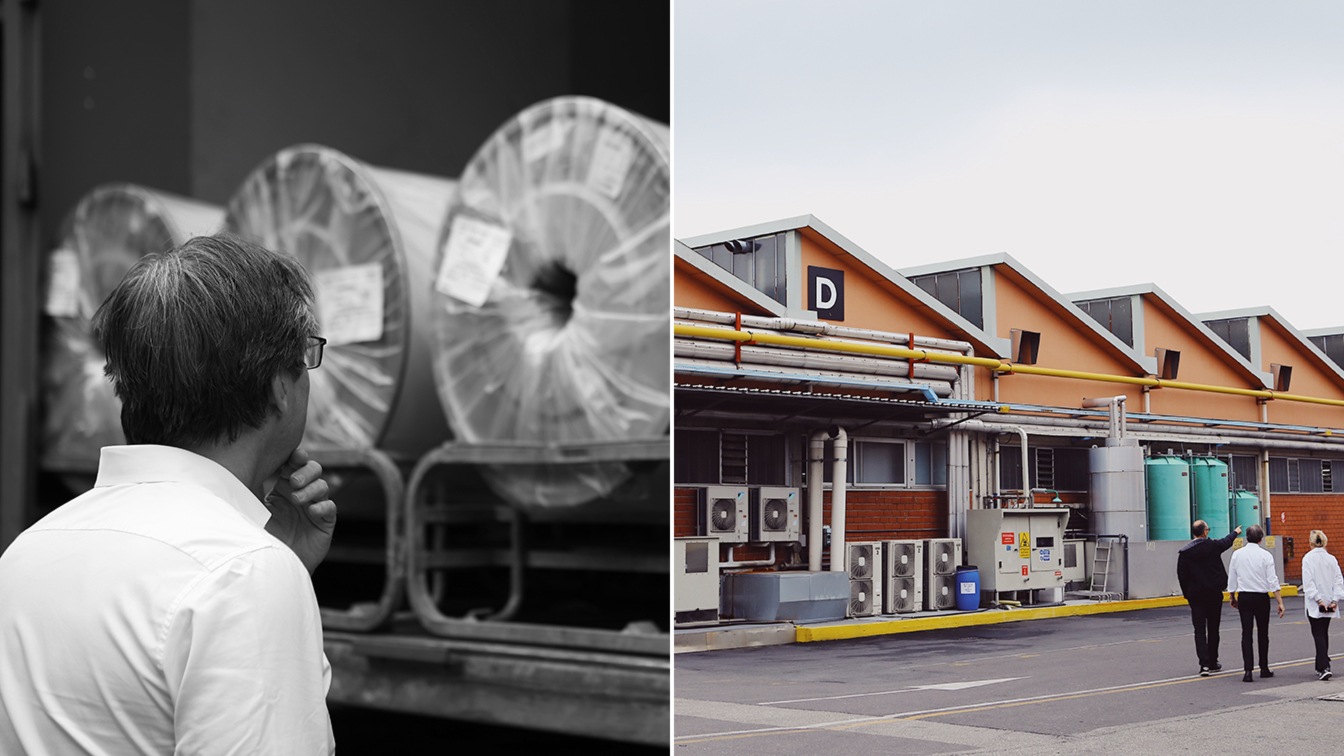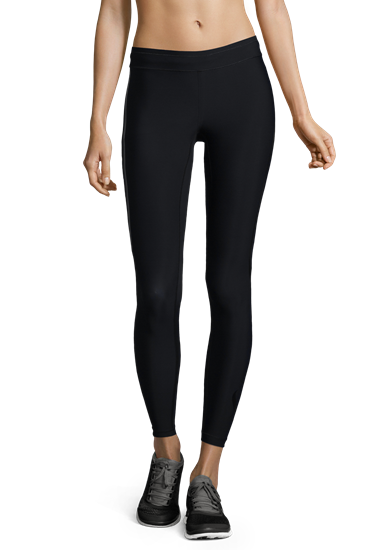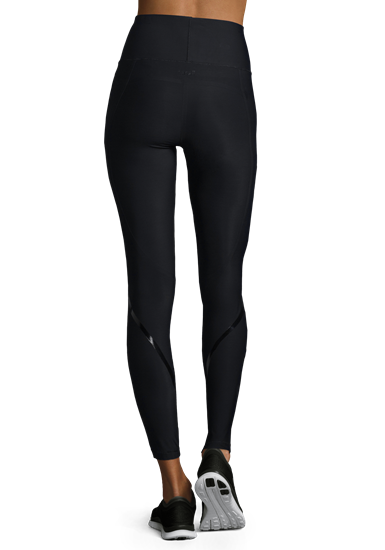A NEW TOOL FOR MEASURING ENVIRONMENTAL IMPACT
PEF (Product Environmental Footprint) is set of very specific and well-defined criteria that measure the environmental footprint across the entire life cycle of a product. Compared to the previously available measuring systems, PEF has the advantage of being much more comprehensive, detailed and reliable, since it is based on methods and parameters that have already been extensively tested.
Estimating the environmental impact through PEF allows companies to learn about their own footprint in detail, identifying critical points and possible ways to reduce their footprint. Far from affecting the competitiveness of the product and the company, this self-assessment system provides an important opportunity for improvement.
Production inevitably leaves a mark on the world, but we have the duty and the responsibility to make this trace the least invasive. Getting a clear image of our footprint is the only way to make it lighter. For many years, companies have been measuring their environmental footprint by resorting to various methods and initiatives, yet they were lacking a global assessment system over- coming fragmentation and appearing more reliable in the eyes of final consumers.
To solve this problem, in 2013 the European Union Joint Research Centre (JRC) developed the PEF system, inviting all European businesses to adopt it as a common method. By adding the PEF assessment to the SensitivEcoSystem® program EUROJERSEY committed to leveraging the opportunities associated with production in order to further improve its environmental performances. The project involves the entire supply chain, from thread production to fabric delivery.
SAVING AND SAFEGUARDING OUR MOST PRESCIOUS RESOURCES
Respecting natural elements means protecting life on the planet, which ultimately depends on those elements. EUROJERSEY is doing its part to safeguard the world’s most precious resources, carefully measuring the consequences of its production processes on the health of our land, air and water. More specifically, the assessment focused on water consumption, the impact of greenhouse gas emissions and energy use. For more information; Read here!








